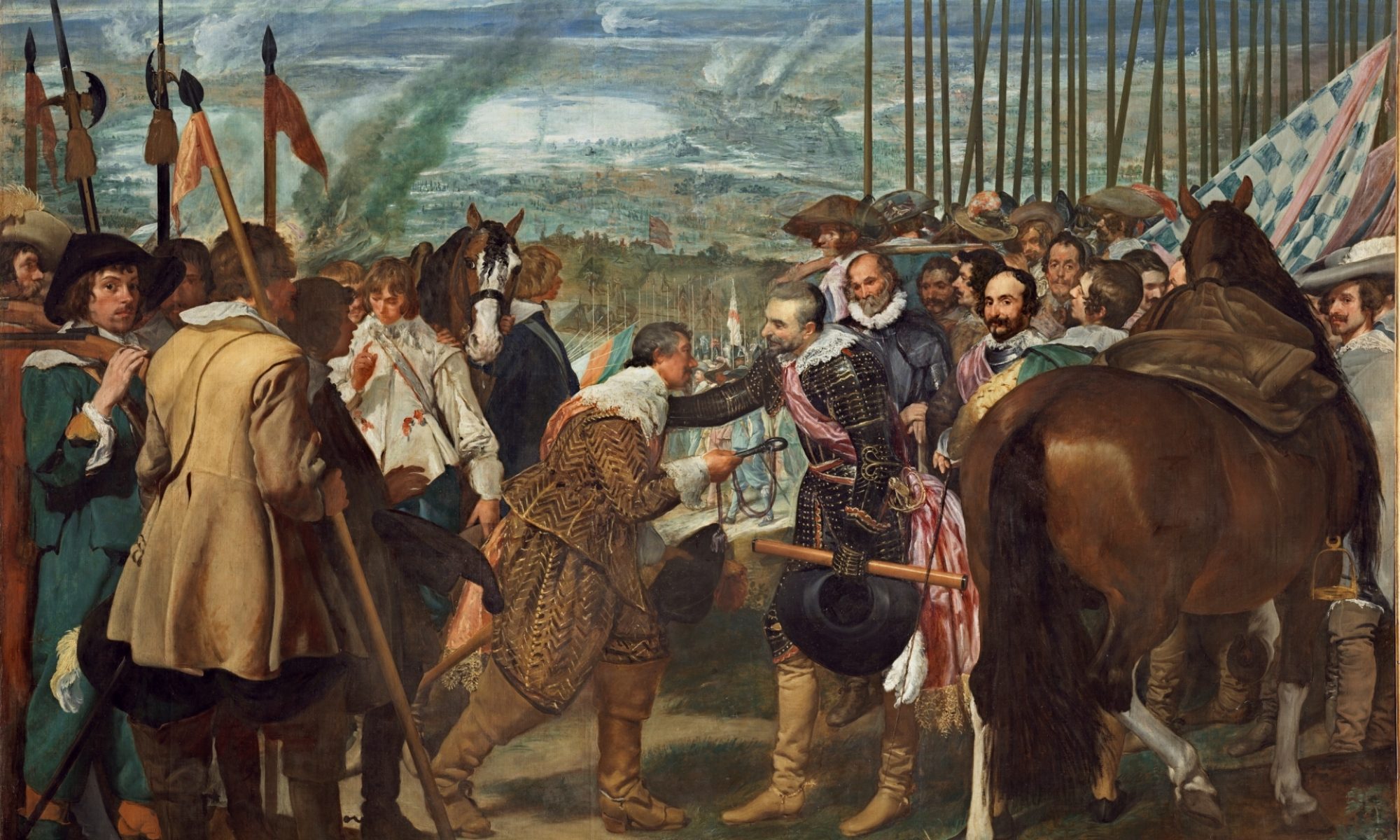Hardcover: 304 pages
Publisher: Amberley Publishing (15 Aug. 2015)
Language: English
ISBN-10: 1445642859
Ancient history has its mysteries. Not your average ones either. Whereas in modern history your mysteries tend to be based around motive, with ancient history it’s a case of identity, time and place and sometimes indeed, what! Yet while many complain about what has been lost and what is missing, it’s also good to be grateful about what we can read about. With ancient Egypt, details of the lives of high officials from the New Kingdom onwards tend to be the most common, and everyone else is usually anonymous, but when you collect it all together and do a bit of sifting a general picture appears that isn’t too shabby at all.
Charlotte Booth has thrown her hat into the “How did ordinary people live” ring. It’s one of the most popular ways to write about history, and it also allows an author to create a polyglot of experiences to find commonality and so reveal glimpses of life in a distant time. A thorough and thoughtful look into a world; often as clear as the pyramids and yet at the same time full of phantoms. Well constructed and very useful it clarified a number of things I had wondered about in my haphazard Egyptological enquieries in 2016. Objective but with a firm opinion when it comes to a fork in the road, Lost Voices of the Nile looks back, hoping to find familiarity in the alien world of the distant past.
In the Forefront of Lost Voices is the concept that an ancient Egyptian would be able to understand allot of what we experience today, and especially that we, with the benefit of hindsight can identify common ground with these long ago people. And it’s true. If anything ,ancient history, from the Egyptians to the Romans has definitely taught us that allot about the human experience doesn’t really change. People still looked for ways to enjoy themselves, worked to make a good living, pondered many of the same big questions, and suffered some of the same setbacks.
Of course I’m talking generally, because many of the specific scenarios don’t really apply to modern life, but at their core can still speak to people. As for me I tend to enjoy seeing how different people where as much as what hasn’t changed. Some people take an obtuse pleasure in seeing what is and is not different about the world. Others marvel at how far we’ve come or regressed or whatever.
But what about those who are just curious about how people, who were not pharaoh’s or viziers etc got along in Ancient Egypt? Many repeat the quote about the past being a foreign country where things are done differently, how do you learn about a different country? Usually people start with books. (Or internet searches). You could in a way see this book as a huge postcard written by an experienced traveller. The author has been there (or has been as close as she can get) and now is allowing us the benefit of her experience.
The Book is separated into sections that try to cover as much of the ancient experience as possible, it is an objective narrative, in that quotes are used to support the text rather than it being a book of writings with a historical commentary/analysis. Through it we find many personal stories, and many collages that make up a bigger picture, which is fitting because that is reminiscent Grand Temple reliefs, that require many pictures to tell the whole story.
You’ll see the name Deir el-Medina, appear quite allot. This was a village that was built for the many generations of artisans and labourers toiling in the valley of the Kings. Its archeology is one of the greatest resources for ancient life in the near east, and it crops up so often because, in fragments and shards it tells the “small” stories that are central to the focus of this book. The people who didn’t make it to the valley of the Kings, but rather the people who built it.
Josh.



Reblogged this on Talmidimblogging.